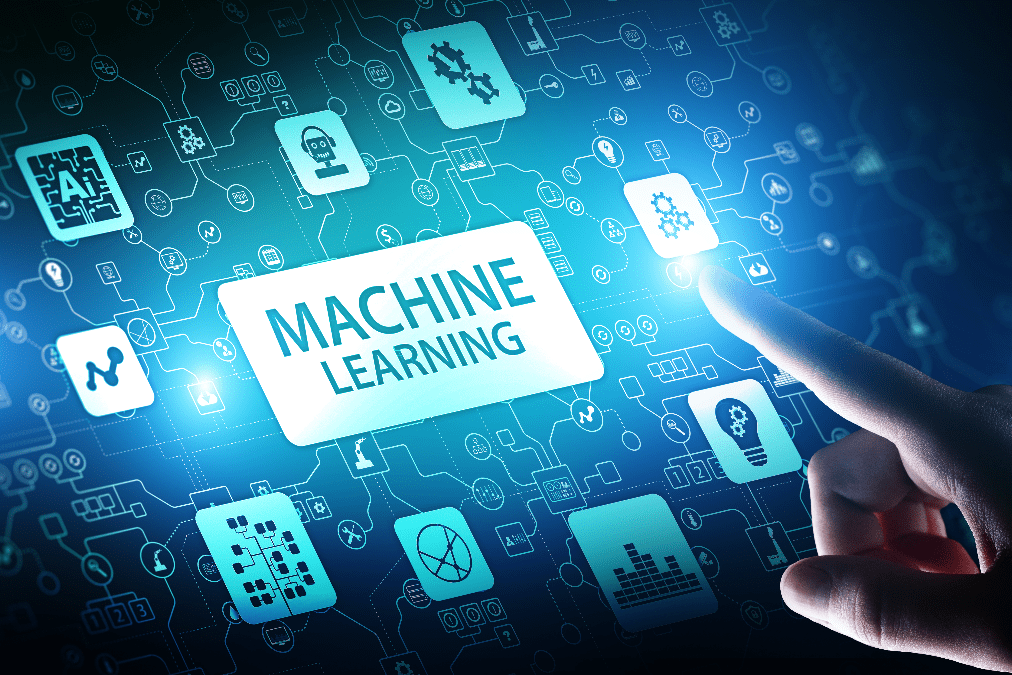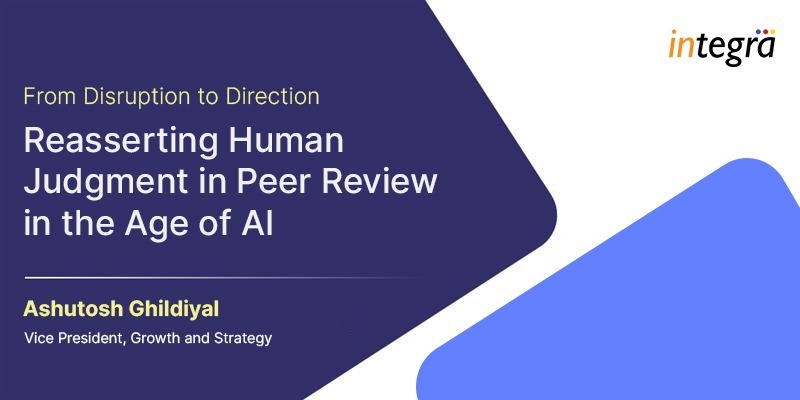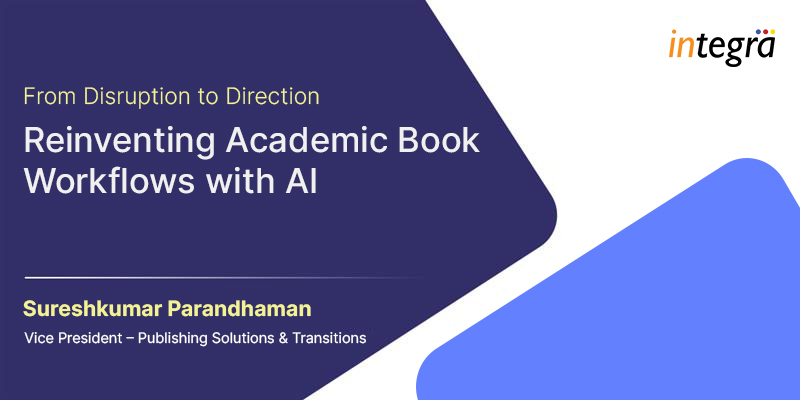Diving Deep: How Machine Learning Algorithms Shape Educational Outcomes

The convergence of machine learning and education heralds an era where vast datasets are transformed into insights, creating more tailored and dynamic learning experiences. The cornerstone of this paradigm shift? Algorithms in “Machine Learning in Education.” Notably, machine learning (ML) is the largest segment within the Artificial Intelligence (AI) market, accounting for 20% of the revenue share of AI in the education market.
The Algorithmic Backbone of Modern Education
We live in an age where every student interaction, be it a digital homework submission or an online test score, generates data. These data points, in their massive multitudes, are processed using machine learning algorithms. By sifting through and analyzing these data, we can discern patterns, predict future trends, and ultimately enhance the educational experience.
Every student is unique, and machine learning algorithms acknowledge that. By analyzing individual learning patterns and preferences, these algorithms can offer tailored recommendations, resources, and learning paths. The result is a more engaging and effective learning environment tailored for each student.
Key Machine Learning Algorithms in Education
- Classification Algorithms: These algorithms categorize students based on their learning behaviors, patterns, and outcomes. For instance, they can group students based on their proficiency levels in a particular subject or predict which students are likely to excel in a specific discipline.
- Regression Algorithms: Beyond mere classification, regression algorithms go a step further to predict continuous outcomes, such as a student’s end-of-year grade or performance in a forthcoming exam.
- Clustering Algorithms: By grouping students based on similarities in their learning behaviors, clustering algorithms allow educators to identify and address common challenges or leverage shared strengths within groups.
- Neural Networks: Mimicking the human brain’s intricacies, neural networks delve deep into complex educational datasets. They can detect nuanced patterns and make sophisticated predictions that might elude simpler algorithms.
Practical Applications and Impacts
- Adaptive Learning Systems: In traditional educational settings, a one-size-fits-all approach was common. However, adaptive learning systems, powered by machine learning algorithms, challenge this norm. These systems analyze individual student interactions, responses, and progress in real-time. Studies have proven that ML techniques can model diverse student characteristics with an accuracy of 70% or above from their physiological data and interactive responses. Based on this analysis, they adjust the content delivery, ensuring that each student encounters material that’s appropriately challenging and relevant to their current understanding. This dynamic approach not only makes learning more engaging but also ensures better retention and comprehension.
- Early Intervention Systems: The earlier educators can identify potential academic hurdles for students, the better equipped they are to help. Machine Learning plays a pivotal role here by analyzing students’ progress and flagging potential areas of concern. Whether it’s a decline in assignment scores, reduced online activity, or struggles with specific content, machine learning can spot these signs well in advance. This proactive approach ensures timely interventions, reducing the chances of students falling significantly behind.
- Automated Assessment Tools: The assessment process can be daunting for both educators and students. For teachers, it means hours of grading, and for students, it often means awaiting feedback. Automated assessment tools are changing this dynamic. By leveraging machine learning, these tools can grade assignments, quizzes, and even complex essays with a high degree of accuracy. More than just a grading tool, they can provide students with immediate, constructive feedback, allowing them to understand their mistakes and learn from them instantly.
- Curriculum Design: Every batch of students is unique, with its own set of strengths, weaknesses, interests, and challenges. Machine learning algorithms analyze student performance data, feedback, and even global educational trends to assist educators in designing a curriculum that best suits their students. This might mean emphasizing certain topics, introducing multimedia elements, or even integrating real-world applications of theoretical concepts. The end goal is to make the curriculum as engaging, relevant, and effective as possible.
- Interactive and Immersive Learning Platforms: Machine learning, especially when combined with Augmented Reality (AR) and Virtual Reality (VR), can offer immersive learning experiences. For instance, history lessons can transform into interactive timelines, and complex scientific phenomena can be explored in a 3D interactive space. By understanding a student’s learning pattern, these platforms can suggest the most effective immersive modules, ensuring a deeper understanding of the subject matter.
Challenges and Ethical Considerations
As we embrace machine learning, safeguarding students’ data becomes paramount. It’s essential to ensure that the data remains confidential and is used responsibly. Algorithms are only as good as the data they’re trained on. There’s a need for vigilance to ensure they don’t perpetuate or exacerbate existing biases.
Looking Ahead: The Future of Algorithms in Education
From AR-based educational experiences to emotion-detecting algorithms, the future looks promising for Machine Learning in Education. Empowered with generative AI, ML has the potential to automate 54% of the tasks performed by educators, freeing them up to focus on value-added tasks and personalized support.
As the educational landscape evolves, so too must the algorithms. Continuous R&D ensures that they remain relevant, effective, and beneficial. As we inch closer to a world where AI seamlessly integrates into education, it becomes imperative to equip our students with the skills to thrive in such an environment.
Machine Learning in Education is more than just a buzzword; it’s a transformative force, reshaping how educators teach and students learn. By understanding its potential and challenges, we can harness its power for a brighter, more informed future.
Recent Blogs

From Disruption to Direction: Reasserting Human Judgment in Peer Review in the Age of AI

Research Integrity vs. Publication Integrity: Clarifying Responsibility in Scholarly Publishing


